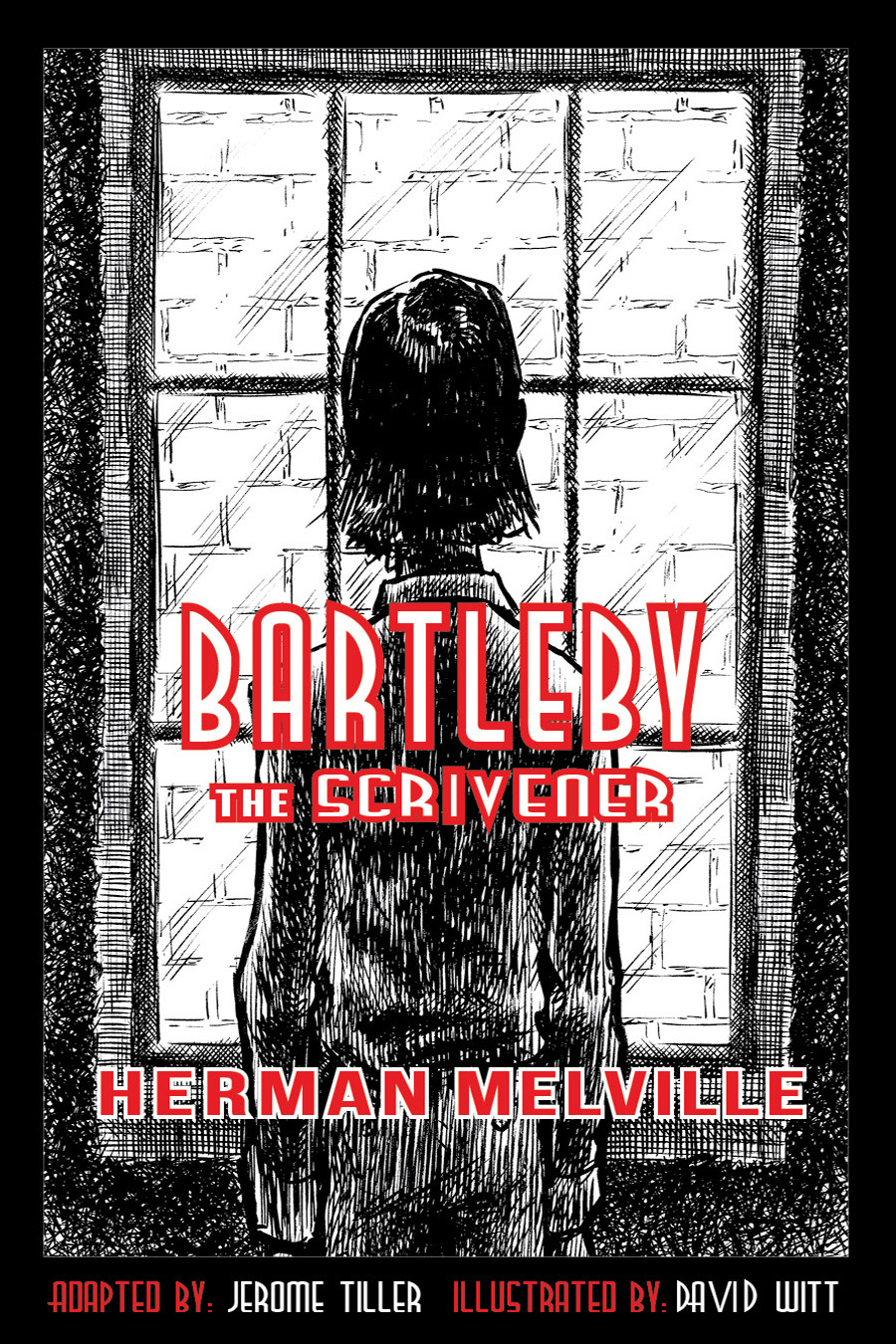Patriotism
It is beyond dispute that Leo Tolstoy scorned all manner of institutional authority. Each of the three stories in Tolstoy Illustrated hint at different aspects of his disdain, a point-of-view he broadened in other writing to include all conceivable feelings and attitudes that institutions transmit to adherents or victims under their influence or control. In this lightly edited and greatly truncated version of Patriotism and Government, an article he wrote in 1900, here’s what Mr. Tolstoy thought about one such feeling—patriotism.
In our day the feeling of patriotism is an unnatural, irrational, and harmful feeling, and a cause of a great part of the ills from which mankind is suffering. Consequently, this feeling should not be cultivated as is now being done, but should on the contrary be suppressed and eradicated by all means available to rational men. Yet, strange to say, though it is undeniable that the universal armaments and destructive wars which are ruining the peoples result from that one feeling, all my arguments over the years that show the backwardness, anachronism, and harmfulness of patriotism have been met either by silence, by intentional misinterpretation, or by a strange reply to the effect that only bad patriotism (Jingoism or Chauvinism) is evil, but that good patriotism is a very elevated moral feeling.
However, the real patriotism by which most people everywhere are swayed today (and from which humanity suffers so severely) is not the wish for spiritual benefits for one's own people (it is impossible to desire spiritual benefits for one's own people only), but a very definite feeling of preference for one's own people or State above all other peoples and States, and a consequent wish to get for one’s own people or State the greatest advantages and power that can be got—things which are obtainable only at the expense of the advantages and power of other peoples or States.
It would therefore seem obvious that patriotism as a feeling is bad and harmful, and as a doctrine is stupid. For it is clear that if each people and each State considers itself the best of peoples and States, they all live in a gross and harmful delusion. One would expect the harmfulness and irrationality of patriotism to be evident to everybody, but instead it is a surprising fact that cultured and learned people not only do not themselves notice the harm and stupidity of patriotism, but they resist every exposure of it with the greatest obstinacy and ardor (though without any rational grounds), and continue to belaud it as beneficent and. elevating.
Tolstoy’s view of patriotism corresponded with his disdain for institutional authority and the allegiance it demands or expects. But first and foremost, his negative view of patriotism dovetails with his religious belief. Tolstoy was a radical Christian who believed Christianity erred long ago when it willingly melded with the Roman Empire. He believed that by uniting with worldly power, Christianity forfeited its heavenly ideals and took on the selfish ways of the world. As he explains in his essay on patriotism, the feeling that aligns one exclusively with home and like-kind is not only delusional, it is also fundamentally selfish. That quality makes patriotism especially antithetical to the teaching and example of Jesus Christ, and thereby abhorrent to a radical Christian like Leo Tolstoy.


